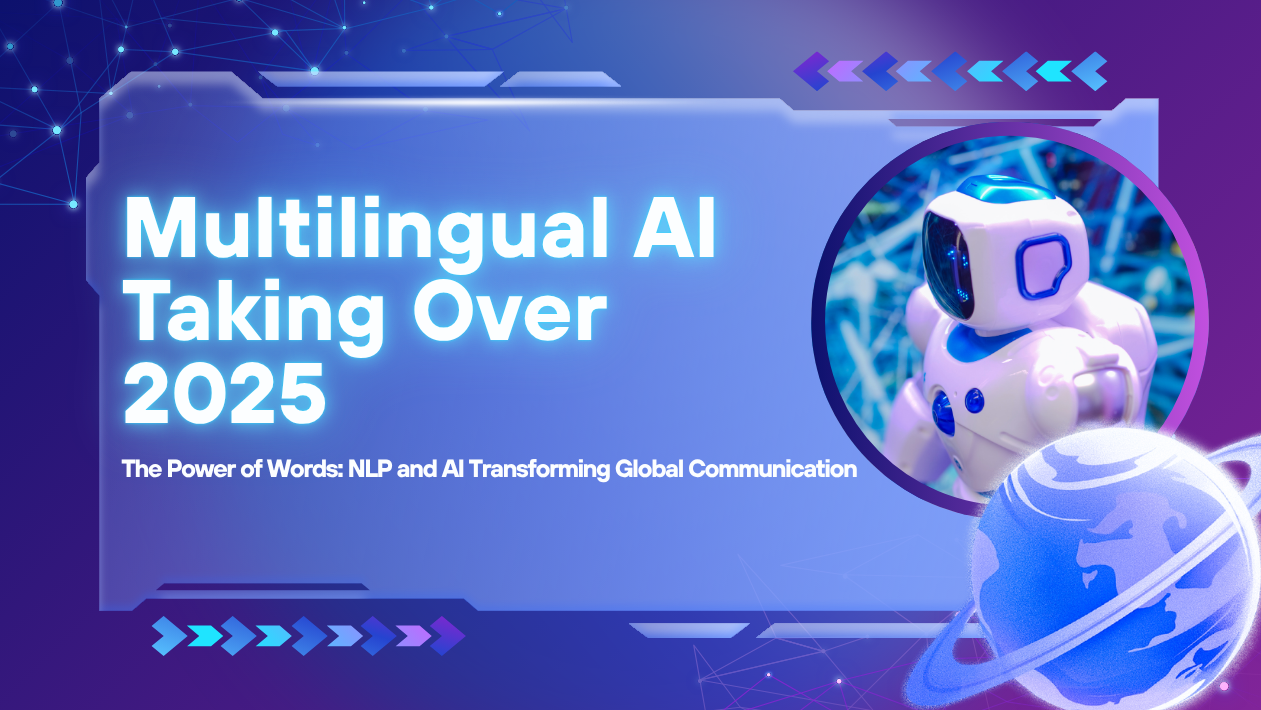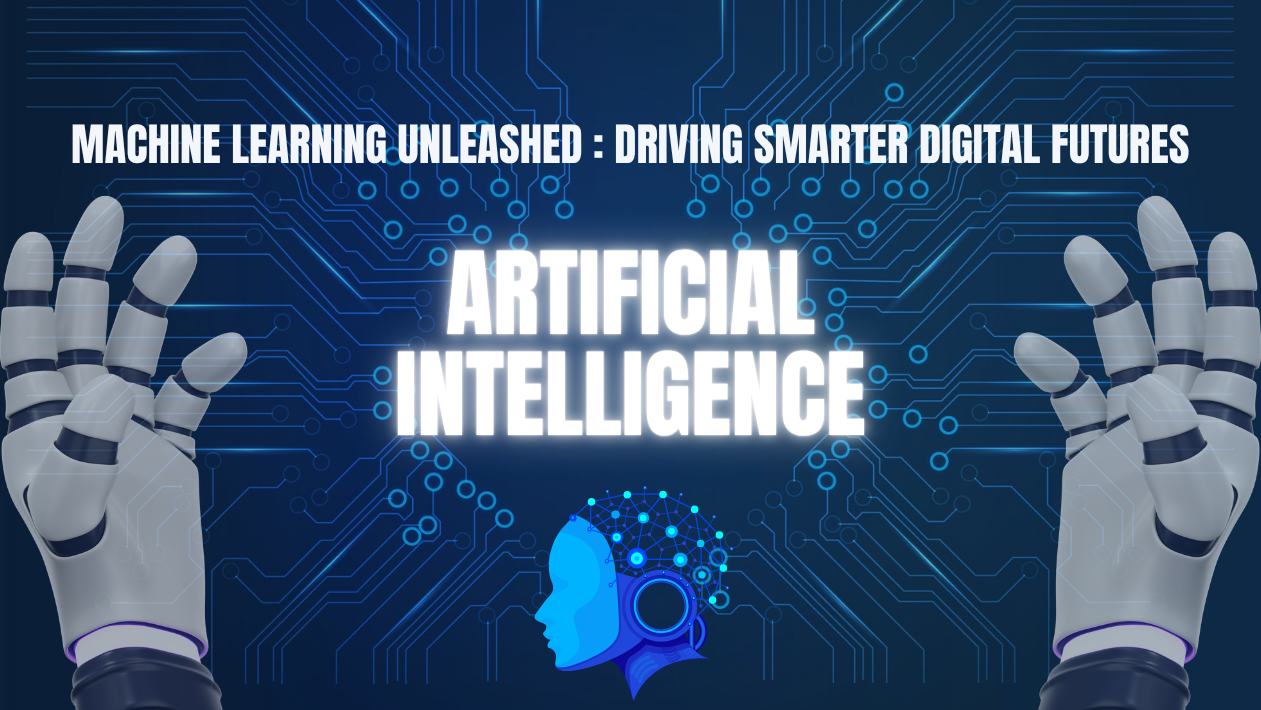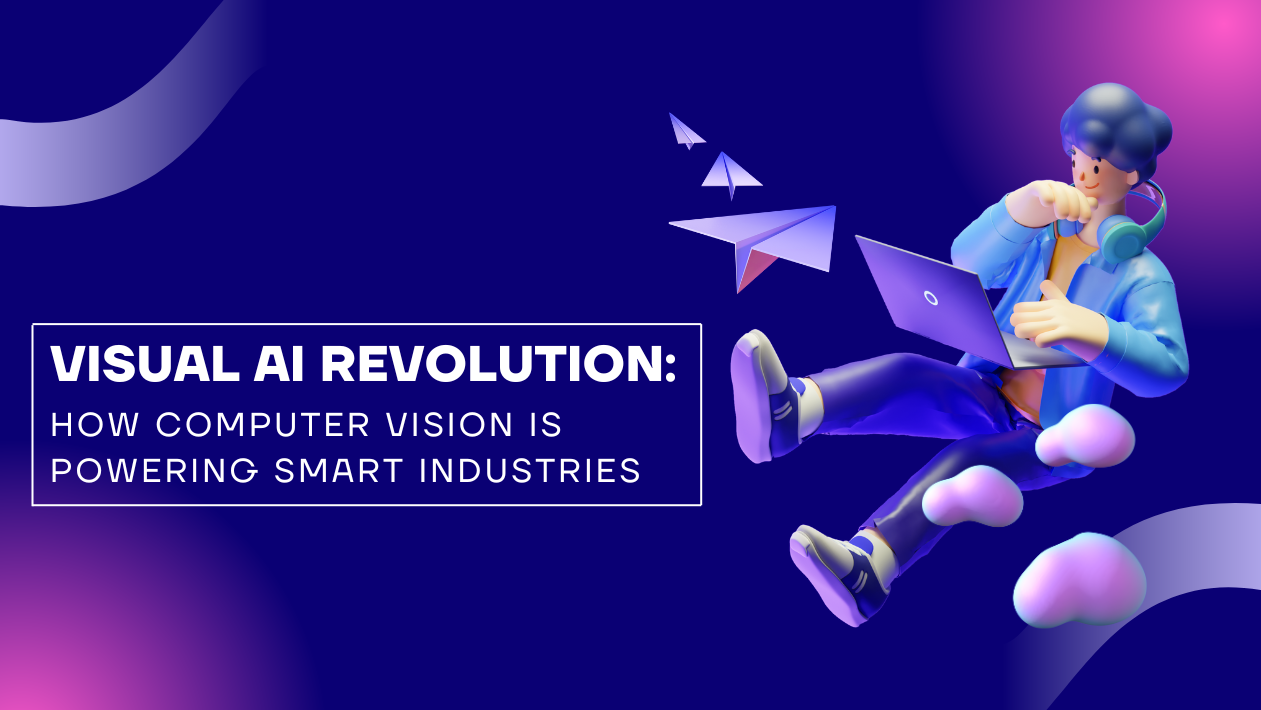In 2025, Artificial Intelligence (AI) is no longer a future vision—it’s a core driver of business strategy, operations, and customer engagement across industries. From intelligent automation to AI-powered decision-making, companies are integrating AI into every facet of their workflows to enhance agility, efficiency, and profitability.
According to a recent McKinsey Global Institute study, over 75% of global enterprises now use AI in at least one core business function, with 40% attributing increased revenue growth directly to AI implementation.
AI-Powered Automation Redefines Operations
Businesses are deploying intelligent automation to streamline repetitive tasks in finance, HR, procurement, and supply chains. Platforms like UiPath, Automation Anywhere, and Microsoft Power Automate are enabling teams to offload routine work—freeing human talent for higher-value initiatives.
In logistics, AI-driven forecasting has cut inventory waste by up to 30%, while in finance, automated reconciliation and fraud detection tools are saving hours of manual work weekly.
AI Enhances Customer Experience and Personalization
Retailers and service providers are using AI to analyze customer behavior in real time, delivering hyper-personalized experiences. AI chatbots and voice assistants now resolve over 70% of support queries without human intervention.
In B2B and B2C sectors alike, AI models are dynamically adapting product recommendations, pricing strategies, and marketing messages to drive higher conversion rates.
AI in Decision-Making and Predictive Analytics
Business leaders are embracing predictive and prescriptive analytics powered by machine learning. From forecasting demand and optimizing resource allocation to identifying churn risks, AI tools like IBM WatsonX, Google Cloud Vertex AI, and AWS SageMaker are helping executives make smarter, faster decisions.
AI Democratization Reaches SMEs
Thanks to low-code/no-code AI platforms, small and medium-sized businesses (SMEs) now have access to powerful AI tools without needing in-house data science teams. This democratization is leveling the playing field, enabling local retailers, consultants, and startups to compete with global enterprises.
Ethical AI and Governance Take Center Stage
With AI’s growing role in business, ethical governance frameworks are becoming essential. Organizations are developing internal AI ethics boards, bias-detection audits, and explainable AI standards to ensure responsible deployment.
Governments in the U.S., EU, and Asia have introduced AI compliance laws, making transparency and fairness legally binding for AI-driven decisions.
AI Skills Gap Sparks Talent Investment
Demand for AI-skilled professionals is skyrocketing. Companies are investing heavily in AI upskilling programs for existing employees while collaborating with universities and bootcamps to build future-ready talent pipelines.
Internal AI academies and digital learning hubs are becoming commonplace in Fortune 500 companies.
Looking Ahead: AI as a Strategic Co-Pilot
As AI continues to evolve, it’s shifting from being a tool to a strategic co-pilot—one that collaborates with humans, augments judgment, and accelerates innovation. Businesses that treat AI as a core capability, not just a tech add-on, are emerging as leaders in the global economy.





